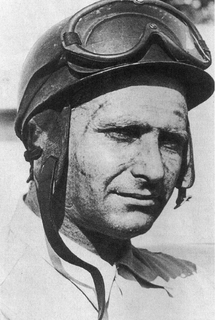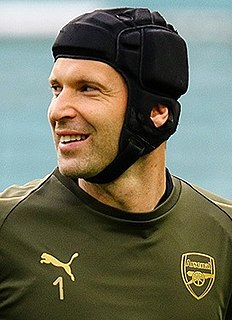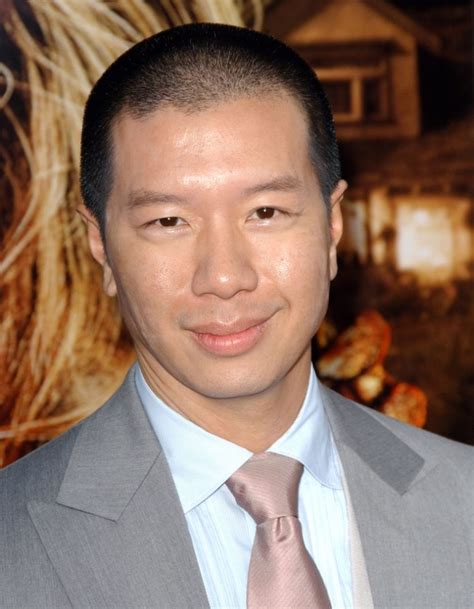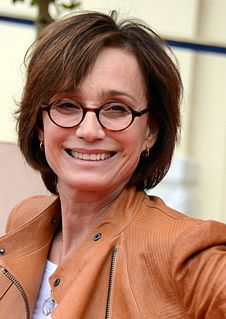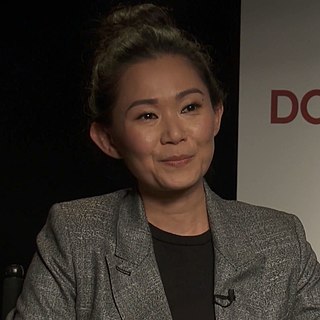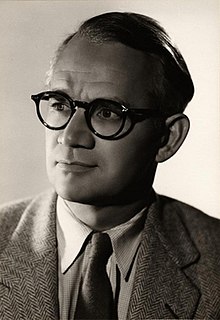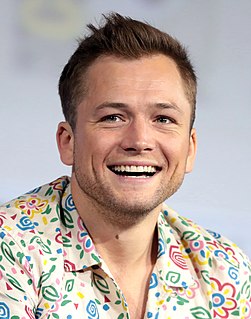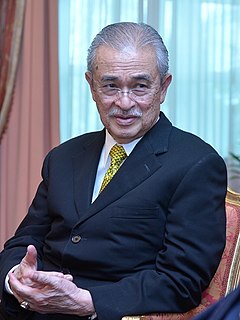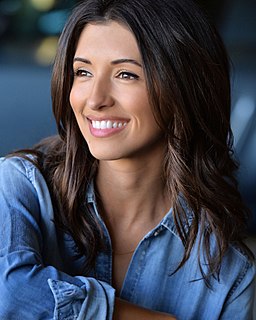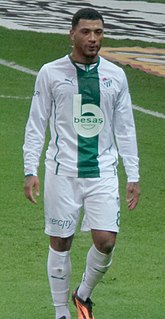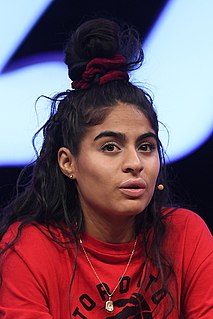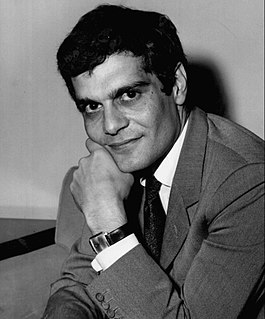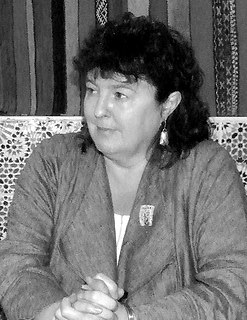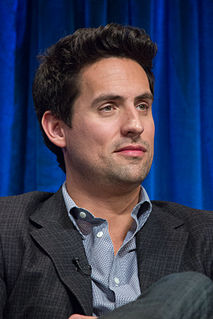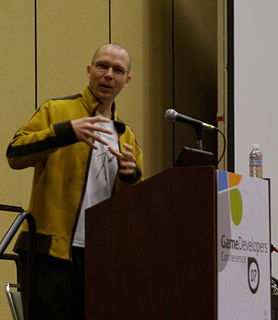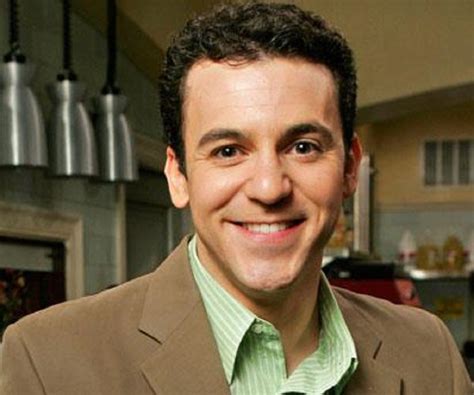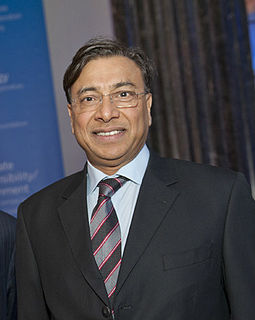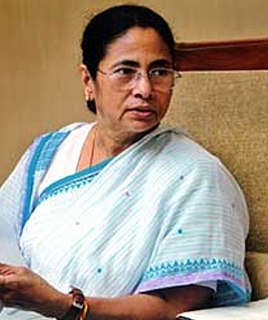Top 1200 School English Quotes & Sayings
Explore popular School English quotes.
Last updated on April 15, 2025.
I suppose there is no place in the world where snobbery is quite so ever-present or where it is cultivated in such refined and subtle forms as in an English public school. Here at least one cannot say that English ‘education’ fails to do its job. You forget your Latin and Greek within a few months of leaving school — I studied Greek for eight or ten years, and now, at thirty-three, I cannot even repeat the Greek alphabet — but your snobbishness, unless you persistently root it out like the bindweed it is, sticks by you till your grave.
Prep school, public school, university: these now tedious influences standardize English autobiography, giving the educated Englishman the sad if fascinating appearance of a stuffed bird of sly and beady eye in some old seaside museum. The fixation on school has become a class trait. It manifests itself as a mixture of incurious piety and parlour game.
My dad is an ob-gyn - he's retired now - and he wanted to come to the States to make a better life, for opportunity. My mom said that, on the plane ride here, I did not want to speak a word of English - I spoke Tagalog. And then, after the first day of school, I didn't want to speak anything but English.
I remember one English teacher in the eighth grade, Florence Schrack, whose husband also taught at the high school. I thought what she said made sense, and she parsed sentences on the blackboard and gave me, I'd like to think, some sense of English grammar and that there is a grammar, that those commas serve a purpose and that a sentence has a logic, that you can break it down. I've tried not to forget those lessons, and to treat the English language with respect as a kind of intricate tool.
I left school at sixteen - I was fed up and restless. The only thing that interested me at school was English language and literature, but I didn't have Latin, and so couldn't go on to university. So I went to a few drama schools, not studying seriously; I was mostly in love at the time and tied up with that.
I changed my major to English literature, which was on the advice of my father. I finally said, "You know, Dad, to heck with it: I'm just going to be an actor. But I'm going to go to school." And he said, "Well, if you're going to go to school, then major in English literature. Those are the tools you are going to be working with as a man who's going to be acting in English, one would assume."
I grew up in a bookless house - my parents didn't read poetry, so if I hadn't had the chance to experience it at school I'd never have experienced it. But I loved English, and I was very lucky in that I had inspirational English teachers, Miss Scriven and Mr. Walker, and they liked us to learn poems by heart, which I found I loved doing.
I'd studied English literature and American history, but the English literature, which I thought was going to be helpful to me in an immediate way, was the opposite. So I had to un-think a lot of things and move out of my own head, and I learned a lot. It was like graduate school, but an un-graduate school or an un-school.
When I was 12 I worked with someone - it was actually an English teacher at my school, John Woodward. He was the only teacher in the school to have a top-of-the-range Porsche and all the trappings of success, so it was very interesting for me to find out how he did it. He was probably the wealthiest English teacher in the community.
Not long time ago there was a striking example of the extent to which English has diverged: a television company put out a programme filmed in the English city of Newcastle, where the local variety of English is famously divergent and difficult, and the televised version was accompanied by English subtitles!
When I turned 11, we had to leave East Germany overnight because of the political orientation of my father. Now I was going to school in West Germany, which was American-occupied at that time. There in school, all children were required to learn English and not Russian. To learn Russian had been difficult, but English was impossible for me.
You know, in college, I never got either degree, but I was a double-major in Computer Science and English. And English at Berkeley, where I went to school, is very much creatively-driven. Basically, the entire bachelor's degree in English is all about bullshitting. And Computer Science, which was my other major, was exactly the opposite of that. You had to know what you were doing, and you had to know what you were talking about.


